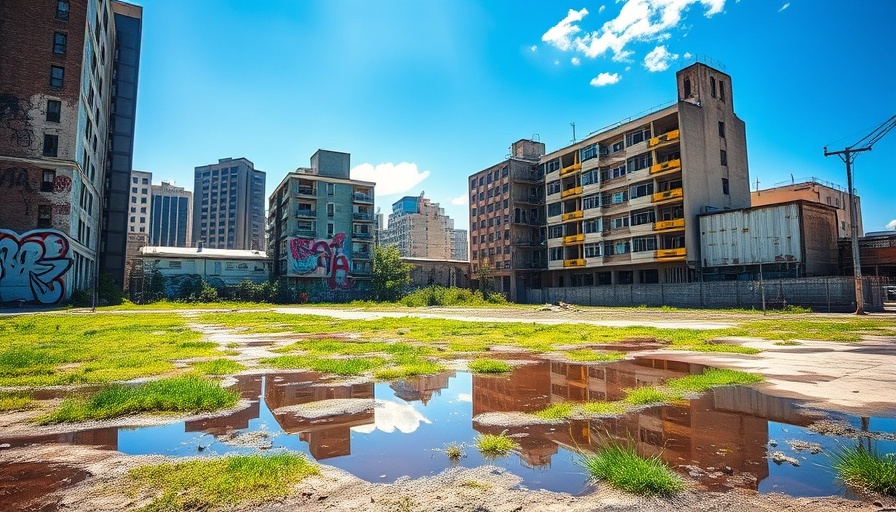
The Controversial Approval of a New Apartment Building
San Francisco's Planning Commission made headlines Thursday as they approved a new 181-unit apartment complex on a site steeped in tragedy. The decision to allow landlord Hawk Lou to construct a ten-story building at 2588 Mission Street, where a devastating fire in 2015 claimed the life of Mauricio Orellana, ignited public outrage. Critics argue that this approval rewards a landlord associated with negligence and raises concerns about gentrification in the Mission District.
Historical Context: A Tragic Past
The 2015 fire not only took Orellana's life but also left many marginalized families without homes. This history has shaped the narrative around the redevelopment of the site, with local activists advocating for a housing project that prioritizes affordability over profit. However, city regulations seemingly limited the Planning Commission's ability to impose conditions favoring low-income units, reinforcing feelings of frustration among community advocates.
The Voice of Activism
Public dissent during the commission's meeting was palpable; activists congregated, voicing their frustrations. Commenters criticized the commission for what they see as prioritizing developer interests over community welfare, stating that the project exemplifies a wider issue of gentrification threatening the historic fabric of the Mission District.
Legal Constraints vs. Community Needs
The approval of this new construction was backed by state laws that often compel local governments to sanction housing developments that follow specific regulations. Notably, while these laws aim to alleviate housing shortages, they do not necessarily serve the needs of the existing community, a point stressed by several commissioners during the deliberations. This situation highlights an ongoing conflict between legal obligations and ethical considerations in urban development.
What’s Next for San Francisco Housing?
As the city continues to navigate the complexities of housing developments, this case serves as a reminder of the vocal and often passionate divide between developers, local government, and residents. Recognizing the growing frustration among community members is essential for city officials if they wish to mitigate future outrage and foster more inclusivity in urban planning.
This pivotal moment may encourage residents to engage more actively with planning processes, advocating for changes that could lead to genuinely affordable housing solutions. The battle over the future of San Francisco's neighborhoods is far from settled, and public opinion may very well shape the policies of tomorrow.
 Add Row
Add Row  Add
Add 




 Add Row
Add Row  Add
Add 

Write A Comment